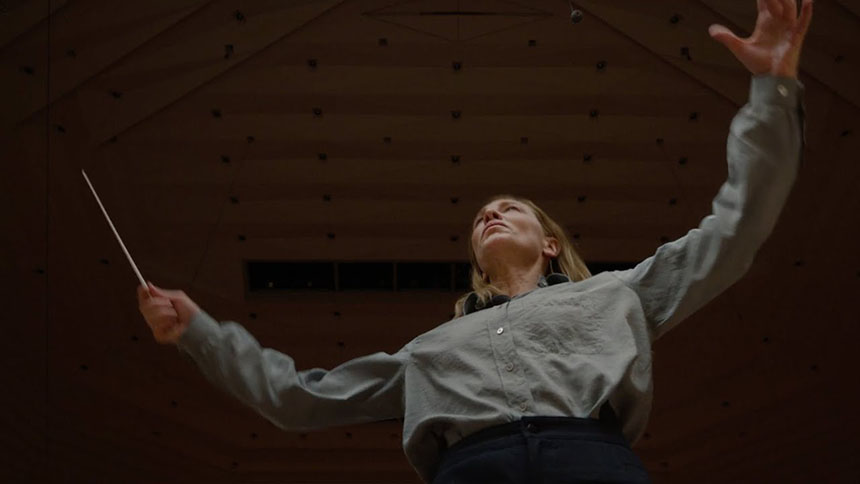Decision to Leave
by George Wolf
“Congrats, it’s a murder case!”
Or maybe more than one. But does detective Jang Hae-joon (Park Hae-il, Memories of Murder and The Host) really want to bring the killer to justice?
Decision to Leave (Heojil kyolshim) unveils a playful, seductive mystery of longing and obsession, masterfully layered and gorgeously framed by acclaimed director and co-writer Park Chan-wook (Oldboy, The Handmaiden, Thirst).
Jang is an insomniac, often plagued by memories of unsolved cases and so driven by his work that he keeps a separate residence closer to the precinct, only seeing his wife on weekends.
The distance between them becomes greater once Jang meets the mysterious Song Seo-rae (Tang Wei from Lust, Caution), a smoldering beauty who doesn’t seem very sorry that her husband is dead. His fall from a mountaintop appears to be a suicide, but Jang is compelled to dig deeper.
Song is quick to point out that she is Chinese, and conversing in Korean can leave her confused in translation. But is this just a ploy so Jang will underestimate her, or is she truly the sympathetic victim she claims to be?
Both Wei and Hae-il are wonderful, wrapping themselves around the delicious dialog and intertwining threads of murder and romance in totally engaging fashion. We hang on the hushed potential of the relationship along with each character, and their choices often alternate between compelling, confounding, and darkly funny.
As the time setting shifts ahead to when Song has remarried and yet another twist is introduced, the narrative air becomes even thicker with neo-noir style. Park (Best Director at Cannes this year) and cinematographer Kim Ji-young create a sumptuous visual palette, full of modern innovation and classic homages in equal measure.
It is a truly intoxicating atmosphere that rarely lets up, and a perfect compliment to the yearning that erodes boundaries between detective and suspect. Decision to Leave attack those barriers with tantalizing precision, leaving a breathless trail of crime and passion that is guaranteed to linger.














